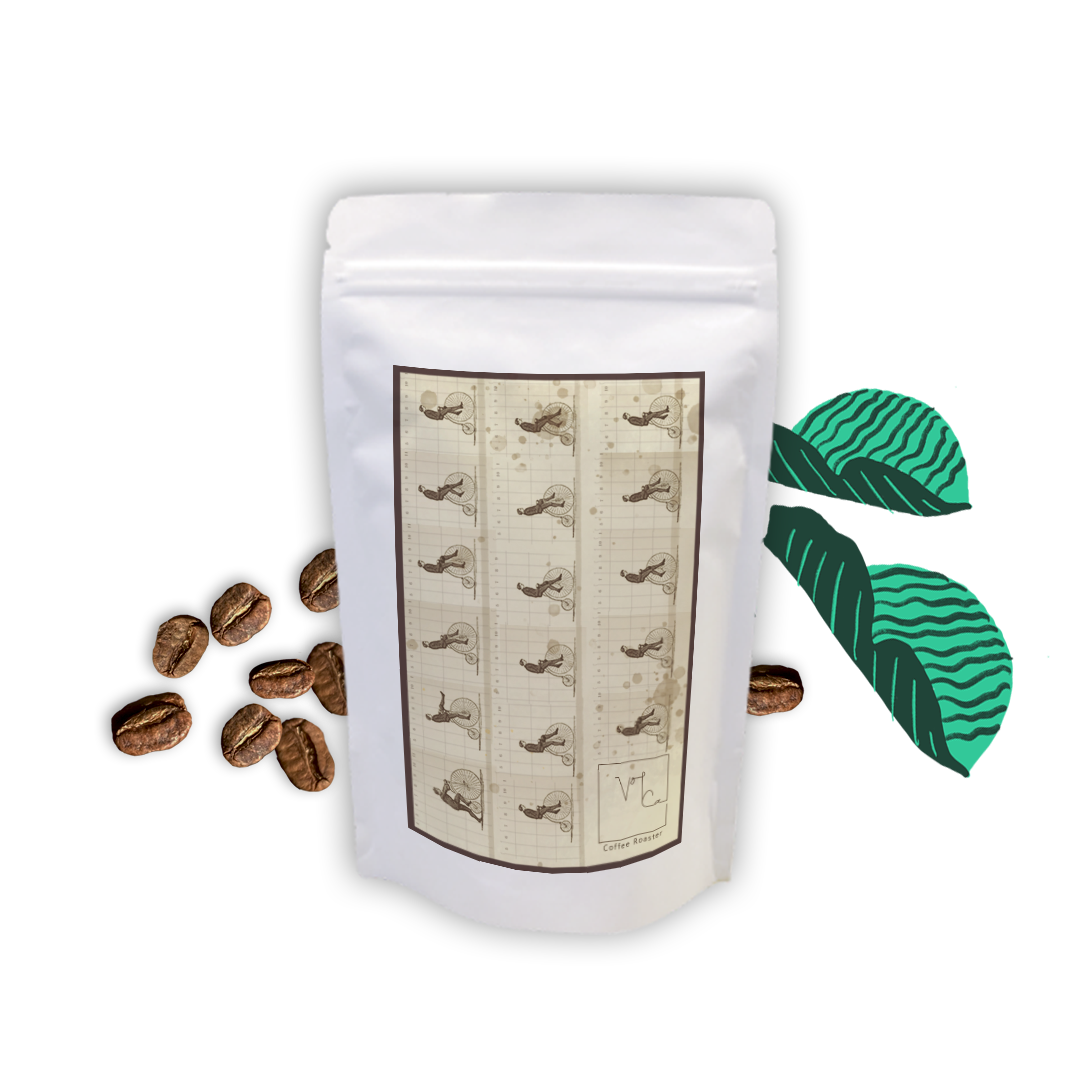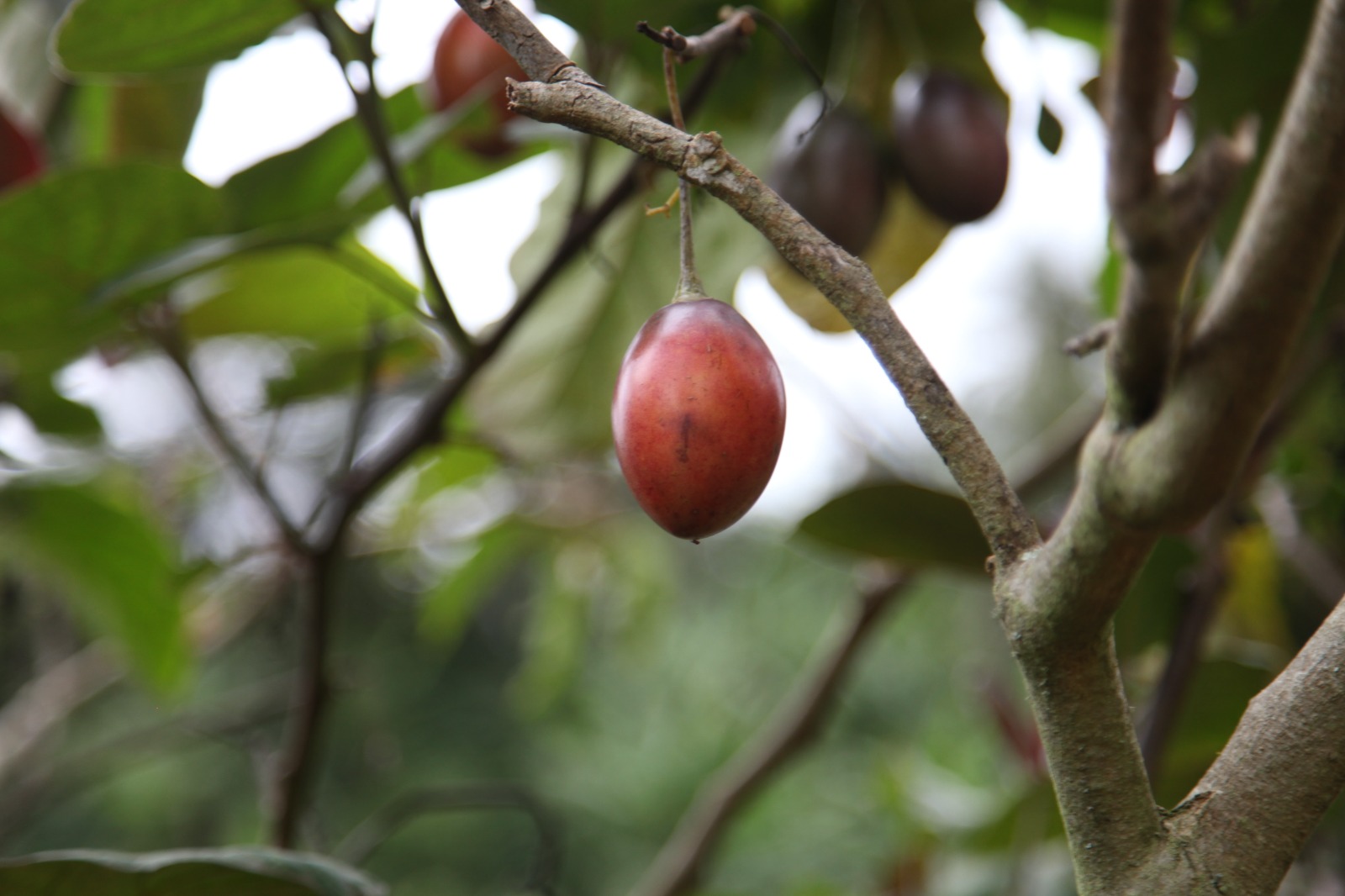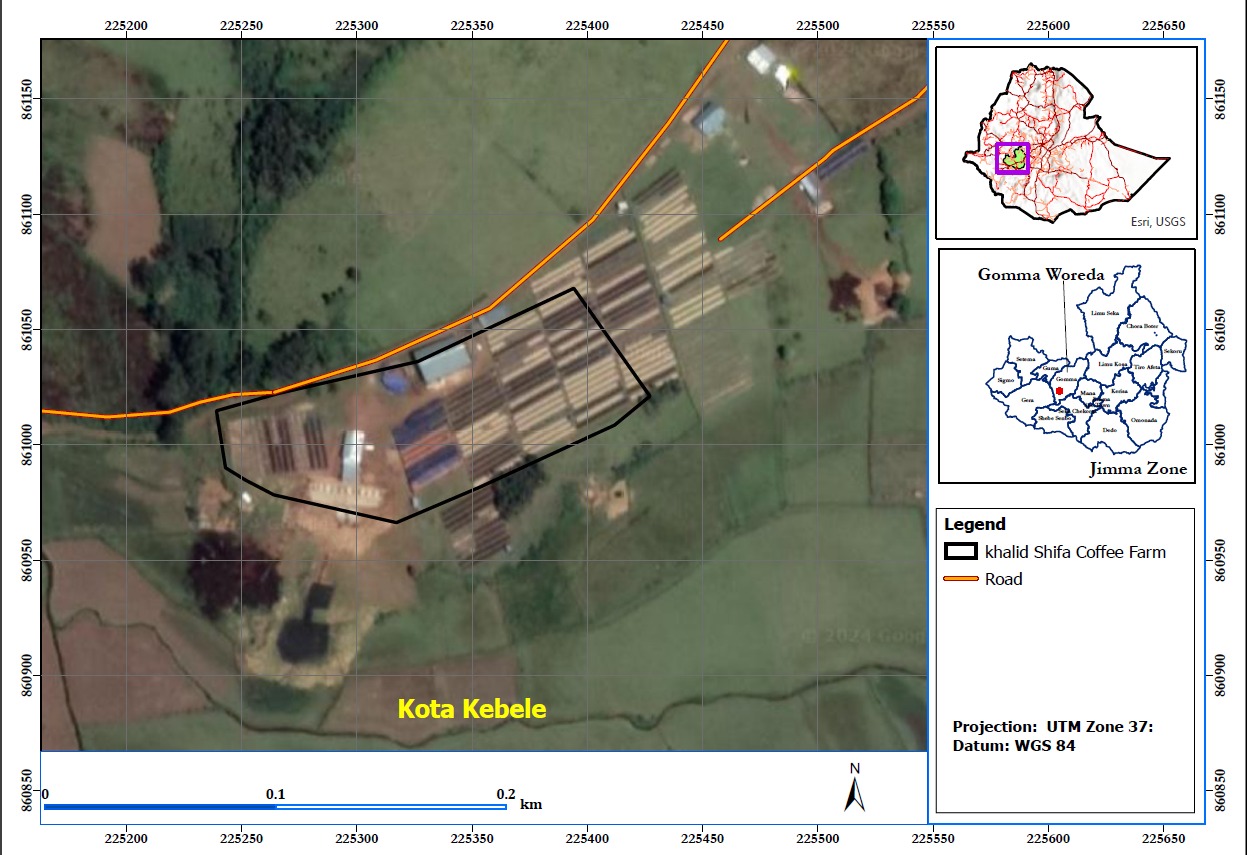Our Coffees
Bedaye, Gomma, Ethiopia
Notas: Honey, Hazelnut, Stone Fruit
Producer
Khalid and Ahmed
Altitude
2000
Environment
Semi forest
Species
Arabica
Varietal
Heirloom
Harvest period
October - January
Harvest Type
Manual
Drying
Patios
Process
Washed
Price
235.00kr – 500.00kr
250 gr
1 Kg Special Price
12% Tax Included
We also accept these payment methods

About
Khalid and Ahmed’s grandfather started the coffee farm in Echemo 100 years ago. He selected some coffee trees from the Choche forest, and farmers are still using those original mother trees today. Currently, farmers in the region cultivate coffee varieties selected from Choche, as well as varieties distributed by JARC, such as the 74110. Khalid collects coffee from 44 outgrowers, each with an average of 4 hectares. They farm using
agroecological practices, following the Ethiopian semi-forest system, Kota Kebele lies in the heart of Ethiopia’s renowned coffee belt, where the land is naturally endowed with ideal soil conditions for high-quality, specialty coffee cultivation. The dominant soil type in the area is Nitisol, also known as Nitosol. These soils are deep, well-structured, and have a reddish clay texture with high fertility. They are particularly well-suited for coffee cultivation, which is a major crop in the region.
Gomma
This coffee is processed by Khalid Shifa in Kota Kebele, Gomma Woreda, Jimma Zone. The export license is in the name of Ahmed Abbatemam, who is Khalid’s uncle. They built the washing station four years ago, in Bedaye (also spelled Badaye) hamlet, located in Kota Kebele—”Kota” meaning “farming” or “digging” in Afan Oromo.
Khalid collects coffee from 44 outgrowers, each with an average of 4 hectares. They farm using agroecological practices, following the Ethiopian semi-forest system, which is promoted by Belco as “coffee forest.”
Kota Kebele lies in the heart of Ethiopia’s renowned coffee belt, where the land is naturally endowed with ideal soil conditions for high-quality, specialty coffee cultivation. The dominant soil type in the area is Nitisol, also known as Nitosol. These soils are deep, well-structured, and have a reddish clay texture with high fertility. They are particularly well-suited for coffee cultivation, which is a major crop in the region.
The cherries are pulped and washed the morning after harvest, then soaked for 12 hours. A Penagos pulping machine is used, which also removes the mucilage. Demucilagination is not done using pectinase; instead, the advantage of this machine is that it uses only 0.2 liters of water compared to 10 liters used by traditional pulping machines.
The parchment is dried under shade for 6 hours after being removed from the soaking tanks. It is then dried on raised tables for eight to ten days, covered during the night, at noon and turned several times during the day. After drying, the parchment is transported to Addis Ababa to be processed at a dry mill. Following hulling and sorting, the coffee is prepared for export.



